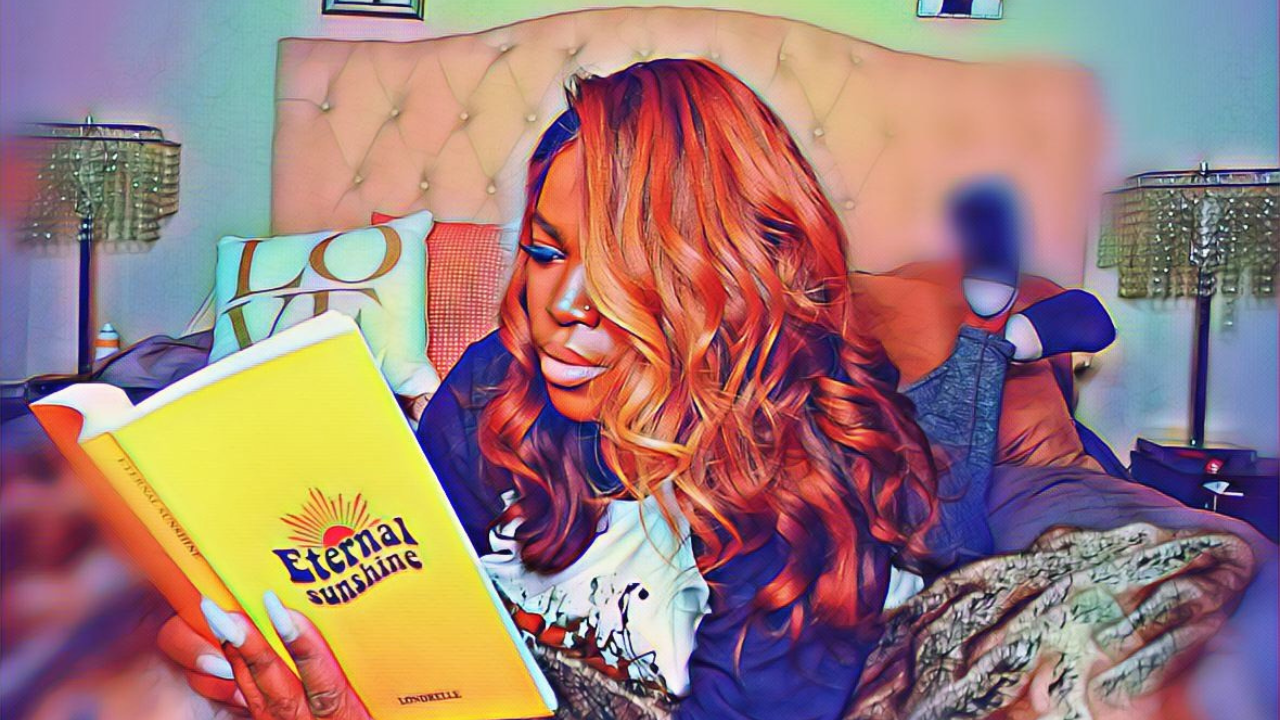Duppies in Obeah - Jamaican Spirits of Unfinished Business
In the spiritual tradition of Obeah, Jamaica's indigenous folk religion, duppies represent one of the most complex and powerful supernatural phenomena. These spirits of the dead, bound to earth by intense emotions or unfinished obligations, play crucial roles in both protection and spiritual warfare within Caribbean African diasporic communities.
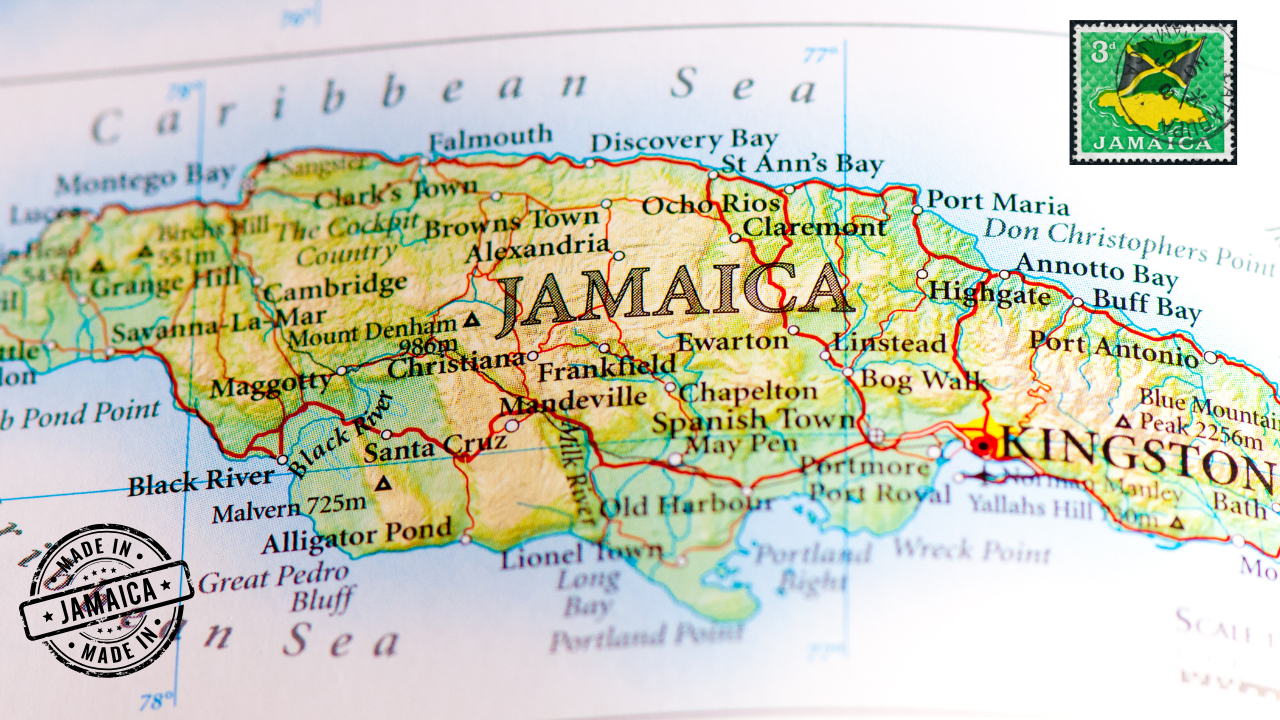
Origins and Cultural Foundation
Obeah emerged from the fusion of West African spiritual practices and indigenous Taíno beliefs and magical traditions in colonial Jamaica. Within this syncretic system, duppies developed as entities distinct from other spirits. They are more purposeful than ghosts. They can also be far more capable of affecting the physical world than typical supernatural manifestations.
The word "duppy" itself comes from West African languages, particularly tracing back to Ghana and the Akan, where similar terms describe spirits of the deceased who maintain strong connections to their living descendants. In Jamaica, this concept evolved to encompass a wide range of spiritual entities, from protective family spirits to vengeful forces seeking justice.
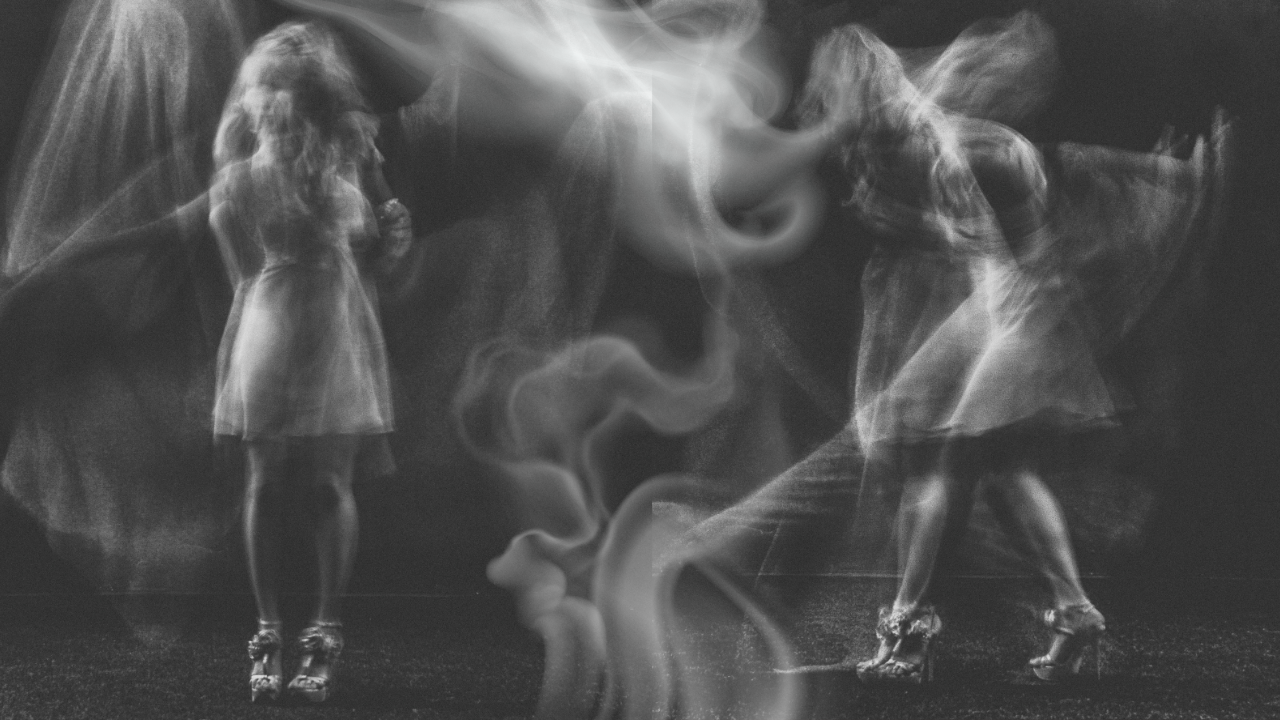
Types and Manifestations of Duppies
Traditional Obeah recognizes several categories of duppies:
Rolling Calf Duppies: Spirits that manifest as supernatural animals, often appearing as large, chain-dragging cattle. These typically represent souls who died violently or unjustly.
Whooping Boy Duppies: Child spirits who died prematurely, often appearing as mysterious crying or laughing voices. Despite their youth, these entities can be extremely powerful.
River Mumma Duppies: Female spirits associated with bodies of water, representing women who died by drowning or whose deaths were connected to water in some way.
Ancestral Duppies: Family spirits who return to offer guidance, protection, or warnings to their descendants. These are generally benevolent but can become demanding if their wishes are ignored.
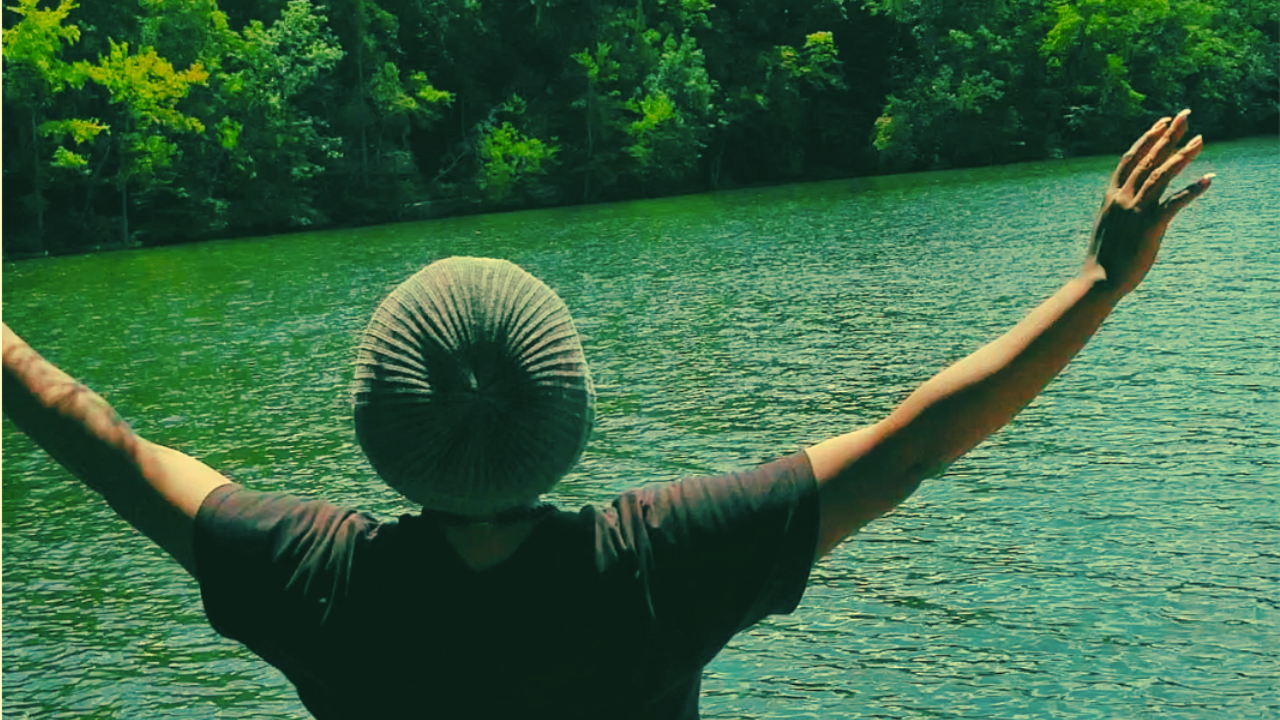
Duppy Work in Obeah Practice
Obeah practitioners, known as "Obeah men" or "Obeah women," developed sophisticated techniques for working with duppies:
Calling Duppies: Summoning specific spirits for consultation, protection, or spiritual warfare. This required extensive knowledge of the duppy's identity and proper offerings to secure their cooperation.
Binding Duppies: Capturing and controlling duppies to serve the practitioner's purposes. This dangerous practice could backfire if the duppy proved stronger than the practitioner's spiritual defenses.
Releasing Duppies: Helping earthbound spirits find peace and cross over to the ancestral realm. This compassionate work was considered essential for maintaining spiritual balance in the community.
Protection and Spiritual Warfare
Duppies played crucial roles in both protection and attack within Obeah practice. Families would work with ancestral duppies to guard their homes and children, while practitioners might send hostile duppies against enemies. The ability to see, communicate with, and direct duppies was a mark of advanced spiritual development.
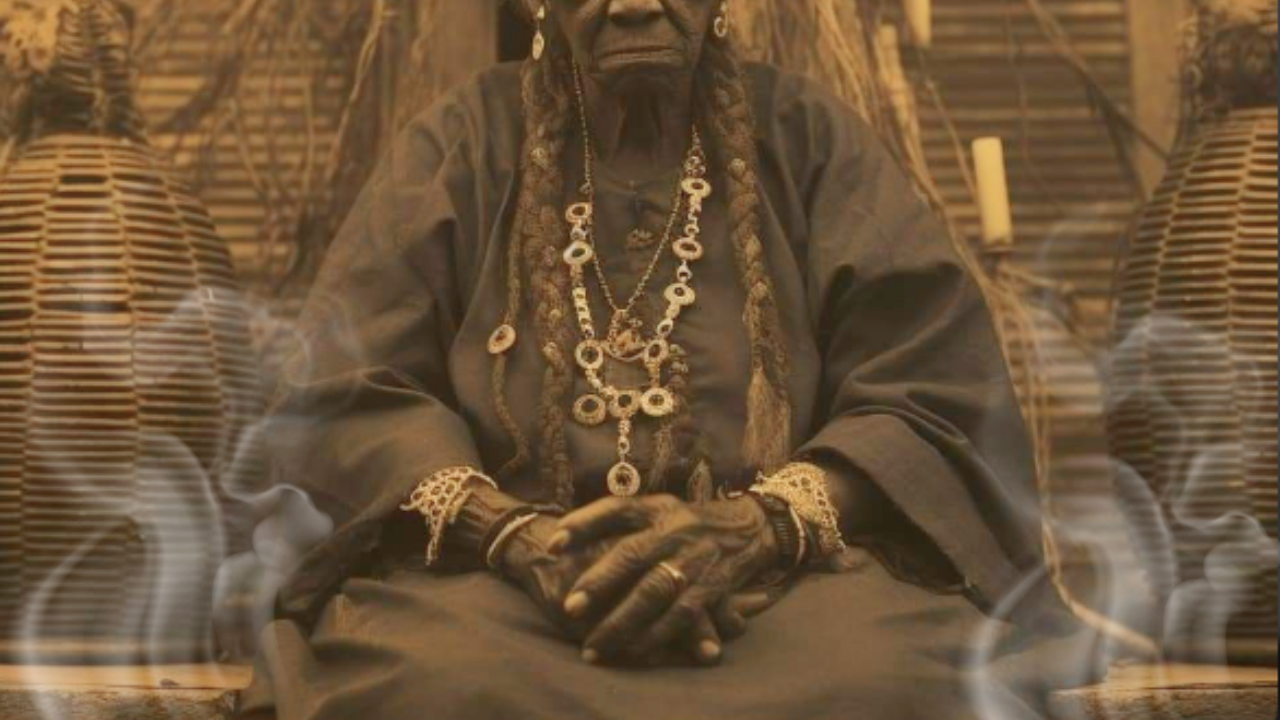
Common protective practices included:
Planting specific herbs and flowers that duppies favored
Leaving offerings of food, rum, or tobacco at crossroads
Wearing protective amulets blessed by practitioners
Performing regular cleansing rituals to prevent unwanted duppy attachment
Modern Obeah and Duppy Beliefs
Contemporary Obeah practitioners report that duppy activity remains significant in modern Jamaica and throughout the Caribbean diaspora. Urban practitioners note that duppies often manifest in response to community trauma, health disparities, social injustice, or threats to family structures. This suggests that duppy beliefs continue to serve important psychological and social functions within Jamaican communities.
How This Influences My Upcoming Trilogy:
The duppy tradition's emphasis on spirits working across generations to protect bloodlines becomes fundamental to my trilogy's supernatural framework. Like the ancestral duppies in Obeah, the spirits in my story use whatever means necessary to guide their descendants toward survival and success. The concept of duppy work—actively collaborating with spirits rather than simply appeasing them—influences how my characters learn to work with their ancestral allies. The idea that some duppies are bound by unfinished business that spans multiple generations creates the multi-layered conflict that drives the trilogy's plot. My protagonists must not only survive present dangers but also complete spiritual work their ancestors began, adding depth and purpose to their supernatural romance.
